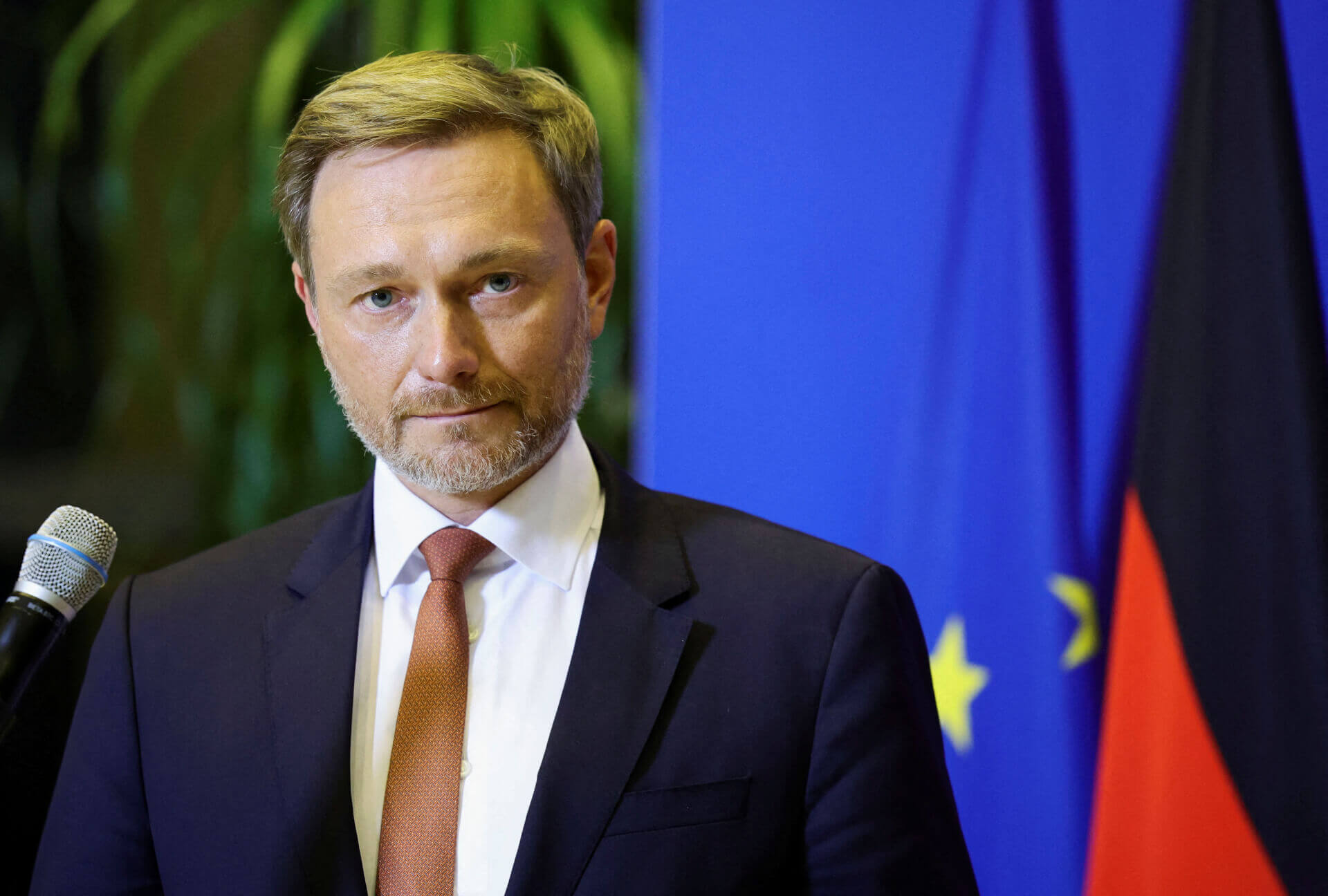Germany has entered a recession as its economy shrank for the second successive quarter. The International Monetary Fund (IMF) predicted that by shrinking 0.1% this year, Germany will be the weakest of the world’s advanced economies.
Germany falls into recession as inflation hits economy https://t.co/T6dnP8MPMj
— BBC News (World) (@BBCWorld) May 25, 2023
Overview
The Federal Statistical Office released data on Thursday showing that Germany’s Gross Domestic Product (GDP) declined by 0.3% from January to March. Further, Germany registered a 0.5% drop in its GDP during the last quarter of 2022 owing to the impact of an energy crisis triggered by the Ukraine War.
German Finance Minister Christian Lindner said that German GDP data had shown “surprisingly negative signals” and the country was losing potential economic growth compared to other economies.
Successive contraction of an economy over two consecutive quarters is usually defined as a recession.
The federal statistics agency Destatis had expected zero growth for Germany’s first quarter of 2023, hoping it would marginally step aside a recession. But the agency’s revised estimates show that the country’s household spending had fallen 1.2% from the previous quarter’s estimates.
“Germany has experienced a technical recession, and has been by far the worst performer among major eurozone economies over the past two quarters,” senior Europe economist for Capital Economics Franziska Palmas remarked.
The country’s inflation rate of 7.2% in April was above the euro area’s average inflation, only lower than that of the UK at 8.7%, and the resultant high prices have affected household spending.
Robert Habeck, Germany’s economy minister, said that the high dependency on Russia had pushed Berlin into a recession, but the forecasts appear bleaker.
“We’re fighting our way out of this crisis,” Haebeck said.
Germany has slipped into recession, raising the possibility that the eurozone as a whole may have contracted in the first quarter of the year https://t.co/ICVVu0GY1H
— The Wall Street Journal (@WSJ) May 25, 2023
Alarm Bells for Eurozone, Government Finding a Way Out
The Global Head of Macro for ING Research, Carsten Brzeski, remarked, “The warm winter weather, a rebound in industrial activity, helped by the Chinese reopening, and an easing of supply chain frictions were not enough to get the economy out of the recessionary danger zone.”
However, the German recession is a lot less severe than previously expected. Investment for the year’s first three months was up after being weak in the last quarter of 2022. Trade also showed some improvement.
The German Bundesbank expects the economy to grow modestly in the second quarter, but Palmas expects Germany to spiral down further.
The latest figures are a blow to the government, which had doubled its growth prediction for this year to 0.4% from the earlier 0.2%.
The recession in Germany has rung an alarm bell for the eurozone economy, which registered a meagre growth of 0.1% in the first quarter due to pressures from inflation.

